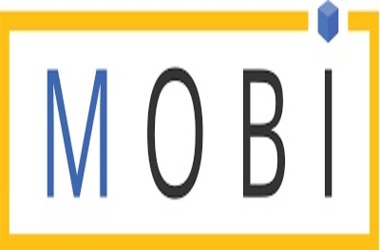
Storing unused power generated by solar and wind energy systems is a huge issue faced by the renewable energy sector as setting up battery series for storing the power requires huge investment.
However, studies are conducted to transfer the power to decentralized energy grids for storing renewable energy.
MOBI’s Electric Vehicle Grid Integration (EVGI) Working Group’s initial structural parameters strive to establish the groundwork for decentralized charging networks that use surplus green energy in an improved manner, elaborating on systems for “vehicle-to-grid-integration,” “tokenized carbon credits,” and “peer-to-peer applications.”
MOBI founder and COO, Tram Vo, emphasized that the norms will provide advantages to firms constituting “all sides of the electric vehicle and charging ecosystem,” stating:
“Electric vehicles, chargers, and electricity producers can have a secure identity, communicate with a standard messaging format, and automatically record transactions such as charging, generation, and exchange on a distributed ledger.”
The EVGI norm is not dependent on the nature of chain, striving to guarantee that “pertinent data attributes and functionalities of each use case are available for organizations to utilize in creating their own applications.”
The EVGI Working Group was established in May, with prominent automakers such as Honda and General Motors (GM) jointly chairing the organization. Distributed ledger technology companies Accenture, the IOTA Foundation, IBM and R3 are also prominent members of the group.
Christian Köbel, senior project engineer at Honda R&D Europe, stressed the “massive transition” that the power sector is presently going through a transformation from “centralized power generation in big power plants, towards more distributed and volatile power generation:”
“Decentralization and the concept of direct P2P interaction is set to become a key factor in leveraging this new market and building meaningful tools for energy-conscious end customers.”
Green energy is growing as a prominent domain for implementation of blockchain technology, with Ripple and Energy Web Foundation launching the ‘Energy Web Zero’ covenant to decarbonize distributed ledger networks a week before.